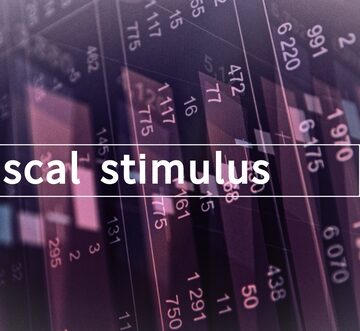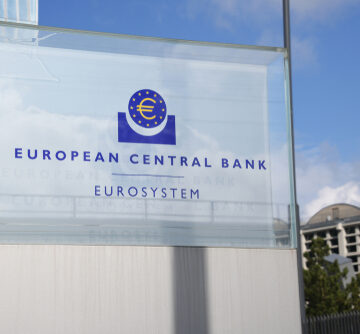Adjusted for inflation, Canada’s economy expanded by 0.1 percent in August as continued growth in service industries spending barely offset declining sales by companies making goods, Statistics Canada reported last week.
Category: 1 November 2022
CANADA’S CENTRAL BANK RAISES INTEREST RATE LESS THAN EXPECTED
On 26 October, the Bank of Canada (BoC) added a half-point to its benchmark policy rate, raising it to 3.75 percent and surprising analysts who had widely predicted a three-quarter-point bump.
YEN SINKS FURTHER AS JAPAN’S GOVERNMENT ANNOUNCES $197 BILLION STIMULUS
At its meeting last week, the Bank of Japan (BoJ) held its key interest rate at -0.1 percent, made no changes to its program of bond purchases, and continued to cap the yield on 10-year bonds at zero percent, as predicted by 49 economists Bloomberg had polled.
ECB RAISES KEY INTEREST RATE 75 BASIS POINTS
The European Central Bank (ECB) raised two key interest rates three-quarters of a point last week, the second such raise in the ECB policy committee’s last two meetings.
ECONOMIC GROWTH SLOWING AMONG EUROPE’S LARGEST ECONOMIES
Germany’s economy expanded by a scant 0.3 percent during this year’s third quarter, besting both France and Spain, which each eked out a 0.2-percent expansion.
HALF OF EUROZONE COUNTRIES WILL ENTER RECESSION
Thanks to the energy crisis sparked by Russia’s war in Ukraine and resulting Western sanctions, at least half of the 19 countries sharing the euro currency will enter a recession, Kristalina Georgieva, managing director of the International Monetary Fund, said in a 27 October Euronews interview.
WHEN THE ECONOMY FALLS JOBS GO WITH IT
Inflation and interest rate hikes are causing companies in many sectors to lay off employees. To illustrate the employment trends and the socioeconomic implications, each week we will list job losses.
HIGH RENTS CHILL APARTMENT DEMAND
Third-quarter demand for U.S. apartments sank to a 13-year low after rental rates rose 25 percent over the past two years, according to rental website Apartment List.
DISTRESSED CORPORATE DEBT RISES. WILL A DEFAULT WAVE FOLLOW?
The number of corporations with bonded debt regarded as “distressed”—a sign that the companies are moving toward default—is the largest since September 2020.
THIRD-QUARTER GROWTH FAILS TO EASE RECESSION FEARS
During the first six months of this year, Americans spent lavishly on imports, while U.S. exports remained modest.










